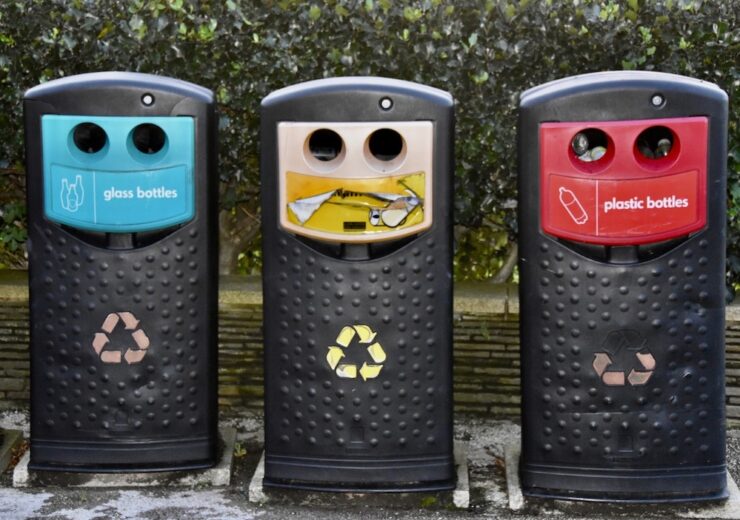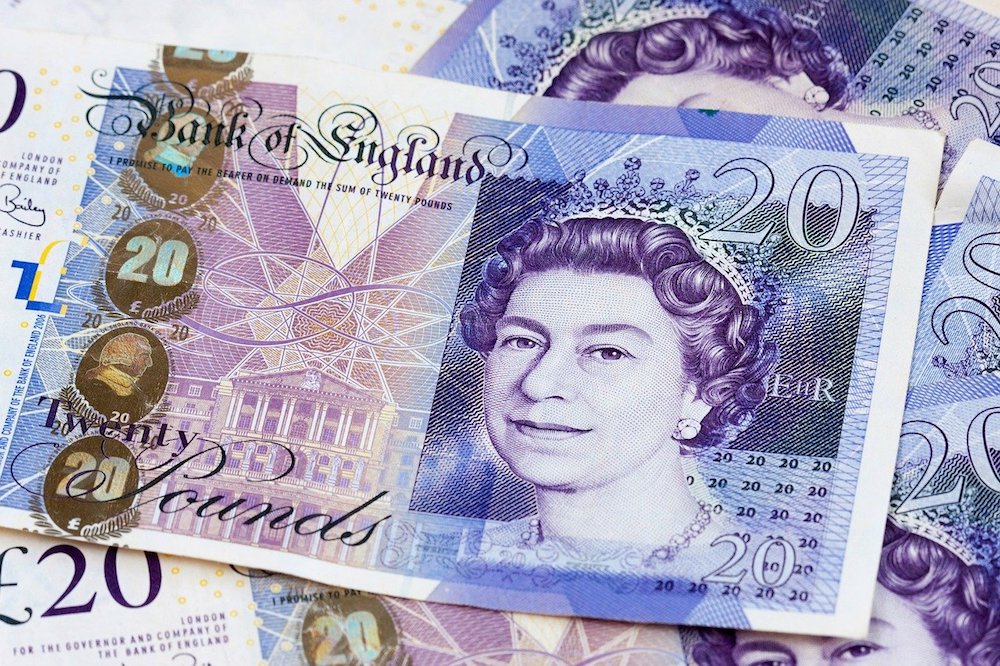Over the past few years, programmes such as deposit return schemes, extended producer responsibility and a plastics tax have been seen as just ways to improve plastic recycling rates in the UK.

A survey published in 2020 by charity Recoup found that nearly 550,000 tonnes of plastic were collected for recycling from UK households in 2019 (Credit: Pixabay)
Many businesses and governments from across the world have committed to putting sustainability at the heart of the Covid-19 recovery. International sustainability consultancy Sancroft’s director Felix Gummer looks at how the plastic recycling issue could be addressed post-pandemic.
It’s tempting to think when it comes to pre-Covid priorities, all bets are off – but that would be a mistake, particularly on the issue of plastics recycling.
The looming spectres of a plastics tax, extended producer responsibility (EPR) and a deposit return scheme (DRS) may feel like they are now distant challenges, yet they remain present and critical – even with the announcement in July of a delay to the consultation on reforming the UK packaging producer responsibility system until at least early 2021.
The EU’s announcement that it is to introduce an €800 ($952) per tonne levy on plastic waste from January 2021 as part of the bloc’s €750bn ($893bn) coronavirus recovery fund agreement is a sure-fire sign of what is to come here in the UK.
It’s unclear at this stage, with the UK having left the EU, but yet to agree a deal with it, what impact the introduction of this levy will have in this country.
We can, however, be certain that this will embolden the UK to use this issue to swell the coffers to pay for the Covid-19 recovery.
If we look at how we got here, the drivers for change in government policies and business commitments have far from gone away.
Climate change and loss of biodiversity second only to Covid-19 updates in the news
The environmental imperatives and their graphic depiction of plastics pollution that led us to this point are still uppermost in our thinking.
Indeed, the current crisis has made the world much more conscious of humanity’s impact on the environment.
That is why climate change, loss of biodiversity, and other damage to the planet is often second only to Covid-19 updates in the news.
Lockdown and our relative inactivity have already been seen to have a stark effect on nature.
Here in the UK, the government will continue to feel the heat as it will still be on the hook to deliver on these issues.
Firstly, they still have the same looming deadlines and targets, particularly on plastics, set by the EU and translated into British law.
Having promised to maintain these standards, and even exceed them, they will be determined not to incur the inevitable reputational damage of falling behind the EU.
Secondly, the clock also continues to tick on the deadline of the current packaging recovery note (PRN) system.
Ultimately ministers do not have the choice of kicking the can further down the road.

However, perhaps the most important reason the UK government is unlikely to change course is money.
If cash were sorely needed before the crisis, it will be desperately needed now. The plastics tax will be a nice little earner and a green tax to boot.
Whatever the percentage of recycled content they set initially, once the tax is implemented, there will be an almost irresistible temptation to increase it to raise more money. This is not going away.
Action on this issue has also now cemented itself with boards of directors and shareholders.
Environmental, social and corporate governance (ESG) have never been higher on investors’ agenda, as this is now often the main lens through which resilience, adaptability, and the ability to seize the opportunity is measured.
Never have these qualities proved more important than now.
Along with climate change, cybersecurity and supply chain resilience, plastics and packaging are still some of the top subjects that investors are focusing on.
EPR is the next piece in the economic jigsaw. The higher the recycling rates, the more industry will pay itself, and the less waste will end up in our black bins.
Have no doubt that the money the industry will pay to local authorities to perform recycling services will soon be taken out of councils’ grants by the Treasury.
Unusually, this means that both local and national governments have an interest in maximising the contribution of the industry.
DRS and plastic reduction post-Covid-19
Yet, in my view, not all will be exactly the same. There are two areas where the crisis may cause some change in attitudes.
The first is plastic reduction. Last year, businesses were being asked to sign up to plastic reduction targets and, frankly, many put pen to paper without knowing how they would meet them, knowing that not to do so would undermine their reputation.
Today’s huge focus on plastic PPE, and the safe handling and preservation of food, will change the debate so that more recognise the true value of plastic if handled in the appropriate manner throughout its lifecycle.
However, this will increase demands for the removal of unnecessary material and an insistence on the necessity of recycling.
The second area is DRS. It would be foolish for businesses not to engage with and plan for DRS.
This will probably happen first in Scotland – as they’re currently pressing on with consultations and reforms – and then across the UK.
However, the minimum £1bn ($1.3bn) start-up cost and similar annual running cost may well give the UK government pause for thought.

This Conservative administration may, in the end, baulk at this cost to industry, not least because a DRS system would not benefit the exchequer in any way, shape, or form.
The Covid-19 outbreak has caused the largest disruption to business in the UK since the Second World War.
All companies, even those doing well, have had to pivot, adapt, and change the way they have had to operate to protect their employees, their customers, and even their business.
It has been necessary for all of us to think tactically over the last few months, trying to do everything we can in a constantly changing landscape.
But as we begin to define our modified business models in our recovery, we cannot afford to forget the key sustainability, environmental and social impact issues that will come to define us.
Any organisation that assumes otherwise will be ultimately successful at their peril.
